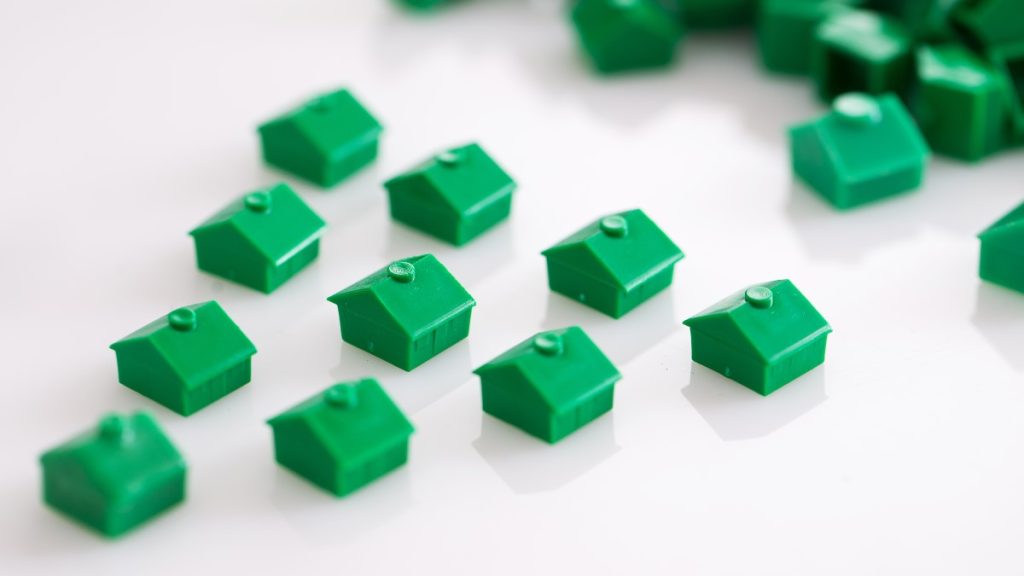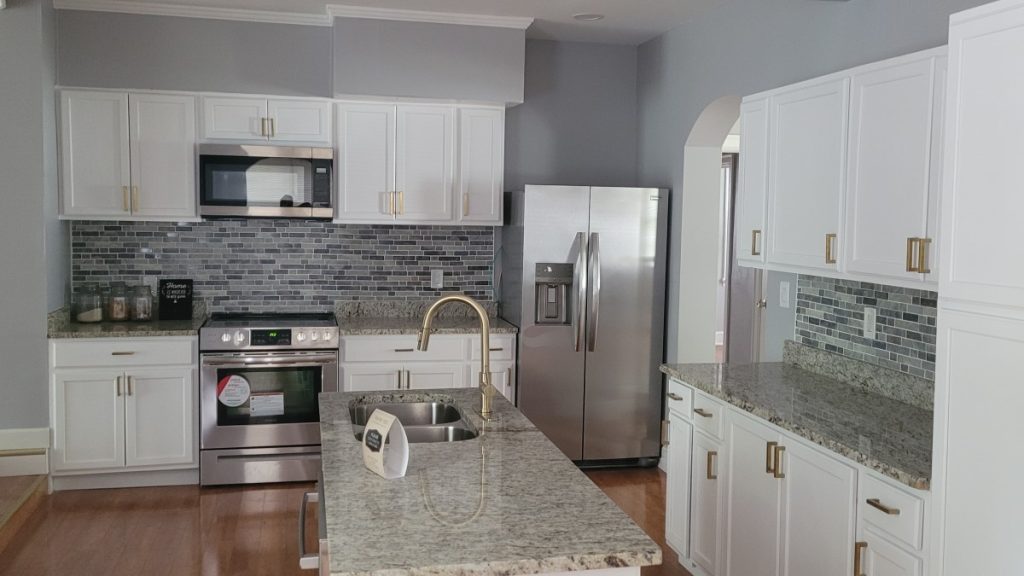Are you considering investing in real estate but are unsure of the best approach? I have been a real estate investor for over 15 years and will share my experience. I have over 65 rental properties, flip houses a few times a year, and own a property management company. In this article, I’ll show you the best way to invest in real estate and discuss other ways to get started.
The best way to get into real estate investing is with single-family rental houses. This common investment is well understood, tenants are plentiful, and the funding is easy to come by. When done correctly, this solid investment is the easiest to buy and provides a stable base to launch your investing career.
Single-family rental houses are an excellent way to get started with real estate investing. However, it is vital to do it right, and The Real Estate Adventurer site will guide you through the process. I will explain why single-family homes are the best choice for a beginning investor and provide you with valuable insights into the business.
Why Rental Houses are the Best Way to Get Into Real Estate?

Single-family homes are plentiful in most areas of the country and are the choice for many families looking for a place to rent. These attributes increase the likelihood of getting the right deal on the property and finding an acceptable tenant to rent from you. This is essential because paying the right price is the most important part of investing in rental property, and the tenants are your customers; your business can’t succeed without them.
Investing in rental properties is a long-term endeavor, so mistakes are more forgiving. In most cases, when there is a problem, its effect is spread over decades and isn’t as devastating as it could be. When there is an expensive repair, your cash flow takes a hit that month, but you have years to recover. Contrasting this with house flipping, the entire project can become a loss if you have an enormous unexpected cost on the house flipping endeavor.
Owning rental properties is a hedge against inflation. Inflation is simply the increase in the cost of goods and services. During inflationary periods, the purchasing power of money decrease, and the value of real property increases. In addition, rents generally increase as inflation occurs, and collecting extra rent alleviates problems caused by the diminishing purchasing power of your savings.
From a tax perspective, rental house investments are a passive activity, but managing these properties is not passive. Property management and day-to-day responsibilities, such as maintenance and tenant management, require a significant effort but not much more than other forms of real estate investing. Nevertheless, acquiring properties and collecting rent from tenants will produce a long-term income stream.
How do I get Started Buying Rental Houses?

Getting started with real estate investing is a complex subject. I have covered the nuances in my ultimate guide to buying your first rental property, but I will go over the basics you need to know.
- Get pre-approved for a conforming mortgage on a non-owner-occupant property.
- Find a property that you can get for the right amount. This is the hardest part and will likely require you to purchase a property that needs significant work. Please read my article about how much you should pay for a rental house.
- Work with a small local bank to fund the purchase and renovation with a construction loan. Having the pre-approved mortgage in step 1 will help this step go smoothly.
- Renovate the house to the standards of the neighborhood. Look at this article to understand why you should never do the work yourself.
- Refinance the house with the mortgage from step 1, paying off the construction loan used for the renovation.
- Find your first tenant, and manage the property yourself. Now is the time to learn everything you can about being a landlord. My article on property management companies will explain in detail why you shouldn’t use a property management company,
Once you have the first house, the snowballing can begin. You have a proven process; all you need to do is repeat it. If you buy just one property per year for 20 years, you will become a millionaire, and I show you how in this article. On top of that, buying more than one per year will springboard your wealth creation. Once you have a few rental houses, this income source and the experience you have gained will allow you to pursue other forms of real estate investing.
What About Flipping Houses?

Flipping houses has gained popularity due to the proliferation of home improvement and flipping shows on television. These shows present flipping as glamorous, exciting, and profitable, but this approach is fraught with danger for the newbie. Flipping houses can be profitable, but save this strategy for a later stage and use the well-proven rental property approach when you are starting.
For a flip to be successful, you must be very accurate with your market value estimate and be exceptionally efficient with the renovation. Many flippers have done well when the market appreciates, but they need this appreciation to bail them out. If you incorrectly value the property, you are unlikely to sell the property at a profit, and you may not even sell high enough to pay off your loan. Even if you have nailed the property value, a market value sales price may not produce a profit if your renovations run over budget or fall behind schedule.
Recap
Investing in rental properties offers a well-understood investing model with a low barrier to entry; this type of investing offers myriad tax advantages and is more forgiving of mistakes. Generally, rental property investing is not speculative and doesn’t rely upon property appreciation. This approach is a reliable way to enter real estate investing, and a portfolio of rental properties can form a secure base for your real estate investing business.
The hardest part about real estate investing is starting it. Look at my article on the 10 steps to becoming a successful real estate investor, and start investing today. And never forget the number 1 rule in real estate investing: never pay too much for a property.




